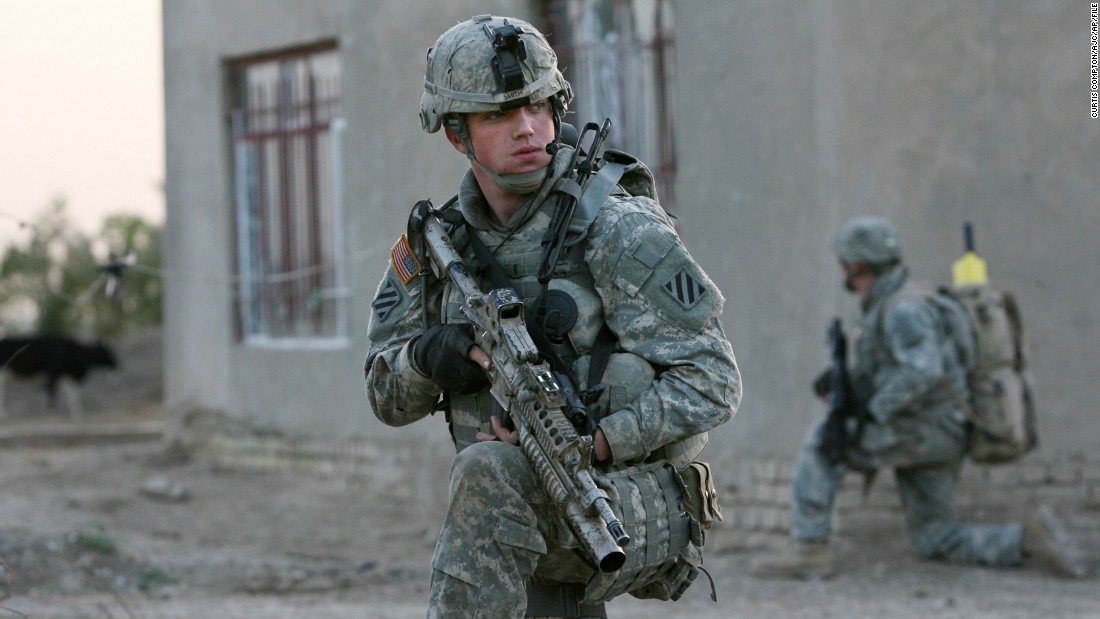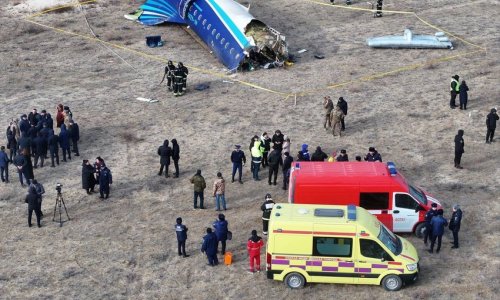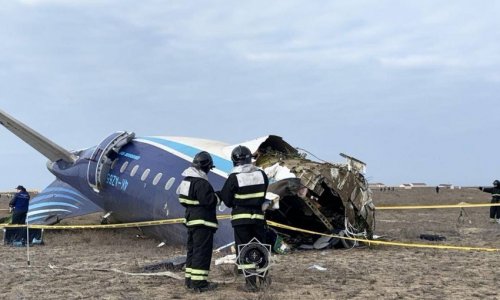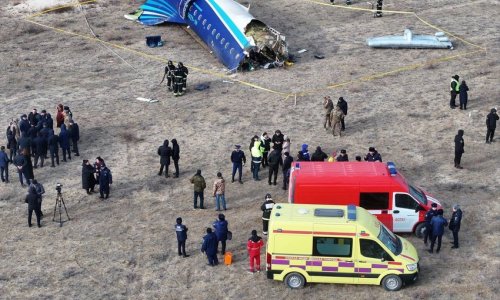As a proud Army mother, Kelly Copeland cannot bear to see "American Sniper," even though it now rates as the biggest grossing war movie of all time.
Her son, Brandon Smith, told her that his life mirrored the movie. "I can't bring myself to watch it," Copeland said.
Smith was only 20 when he was assigned to the sniper section of a mortar platoon at the height of the Iraq war. When I met him there in early 2008, he told me he was well-suited for his mission. He grew up hunting in Georgia and was used to waiting for his prey.
Not every soldier has that kind of patience. Not every soldier can become a sniper.
Smith already had his first confirmed kill when we met. He was hungry for another one. And he got more, though he wouldn't tell me how many when I caught up with him this week after I saw the movie.
Understanding the American experience in Iraq
The Oscar-nominated blockbuster biopic, which tells the story of the most lethal sniper in U.S. history, has fueled intense debate over the film's message. Is it anti-war or not? Is Kyle a hero or a psychopath?
Those questions -- and interest in the movie -- may only intensify as the soldier accused of killing Kyle and his friend Chad Littlefield goes to trial in the coming days. Jury selection in the case of former Marine Eddie Ray Routh was scheduled to begin Thursday in Stephenville, Texas. It's expected that mental health will be key -- Kyle and Littlefield were helping Routh with rehabilitation at a rifle range when Routh gunned them down two years ago.
I've met sharpshooters who relished the moment of a kill. Some liked the adrenaline and the satisfaction of vanquishing a foe. Others were drawn to the stark simplicity of a life-and-death moment -- when nothing else seemed important.
No matter the perspective, I've heard a couple of constant themes from soldiers. "American Sniper," they say, is a must-see for anyone who wants to understand the American experience in Iraq. Still, for those who fought in uniform, especially sharpshooters, it can be difficult to watch.
Smith mentioned a scene toward the end of the movie in which Kyle, played by Bradley Cooper, adjusts his scope and targets an Iraqi sniper as a dust storm clouds the air. This is supposed to be Kyle's legendary longest shot at 2,100 yards away.
The first time Smith killed, he did the same from a rooftop in restive Arab Jabour, southeast of Baghdad. He scoured the area with high-powered opticals known as the Long Range Advanced Scout Surveillance System. There was no dust storm, but it was early in the morning and hard to focus through dense fog.
Smith spotted a man trying to hide from helicopters overhead. He saw him pick up an object, put it over his shoulder and attempt to cover it with a blanket. Smith thought it might be a shaped-charge explosive that can pierce armored vehicles.
"I remember it to this day, like I was still sitting there," he said.
He heard the command, "engage," and opened fire with his .50-caliber rifle -- two rounds through the trees, two more on either side. His shot was 1,243 yards.
He anticipated he would be upset by his first kill. He wasn't.
"I wasn't nervous or anything. I didn't feel nothing," he later told Darren Turner, the battalion chaplain who counseled Smith in Iraq and who I followed for many weeks for a series about a man of God in a place of war.
Even then, I heard Smith speak lines that Kyle echoes in "American Sniper": Their kills saved American lives, and that's what mattered.
'When you are bred to kill, you know'
Only 2% of men are not loath to kill, wrote Dave Grossman in his landmark book "On Killing: The Psychological Cost of Learning to Kill in War and Society." Chaplain Turner thought Smith might be one of them, though he worried how it would affect the young soldier later on.
Smith still believes he, like Kyle, is one of the 2%.
"When you are bred to kill, you know. You just know," he said.
Smith is a civilian now; he repairs substations for an electrical company. He is 6 years older and has a wife and two little children. But he sounds far less sure of himself than when I first saw him wearing a sweat-drenched patrol cap and nursing the Copenhagen Long Cut stuffed in his jaw.
(CNN)
ANN.Az
Follow us !











